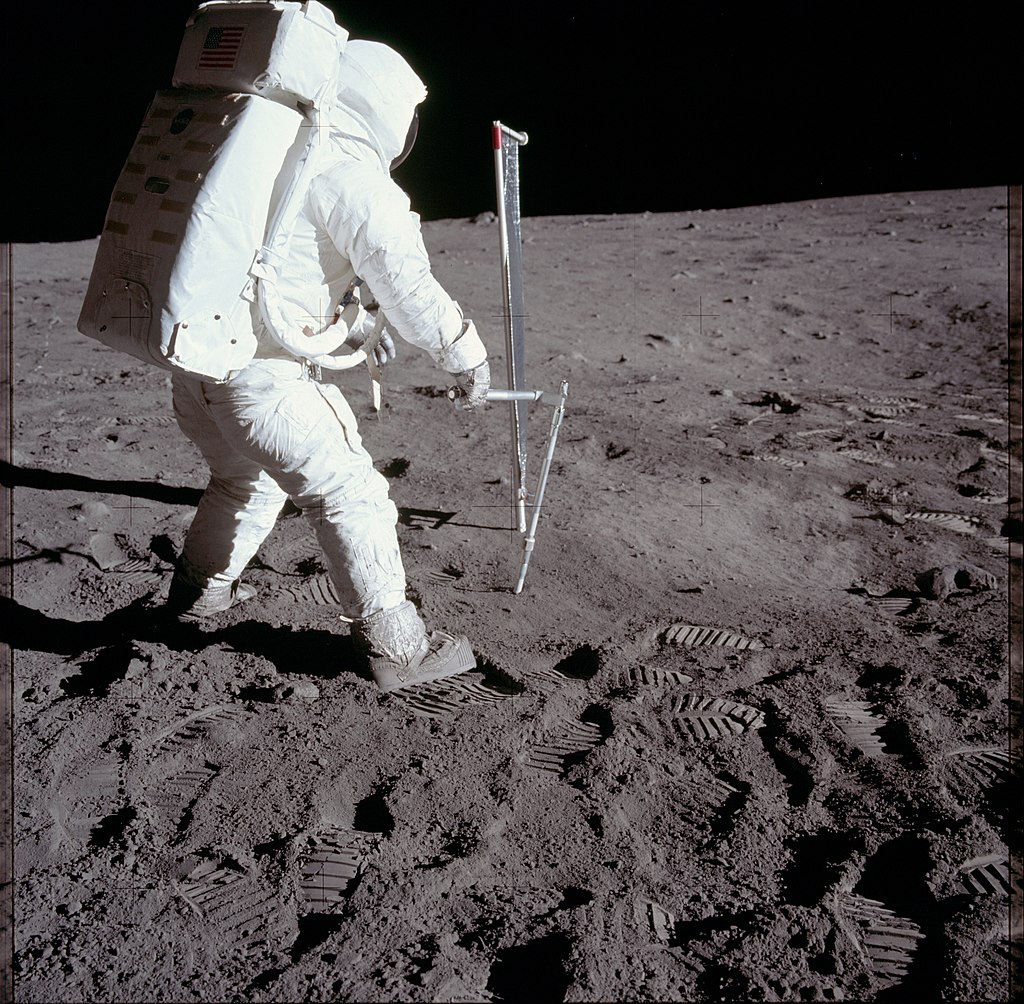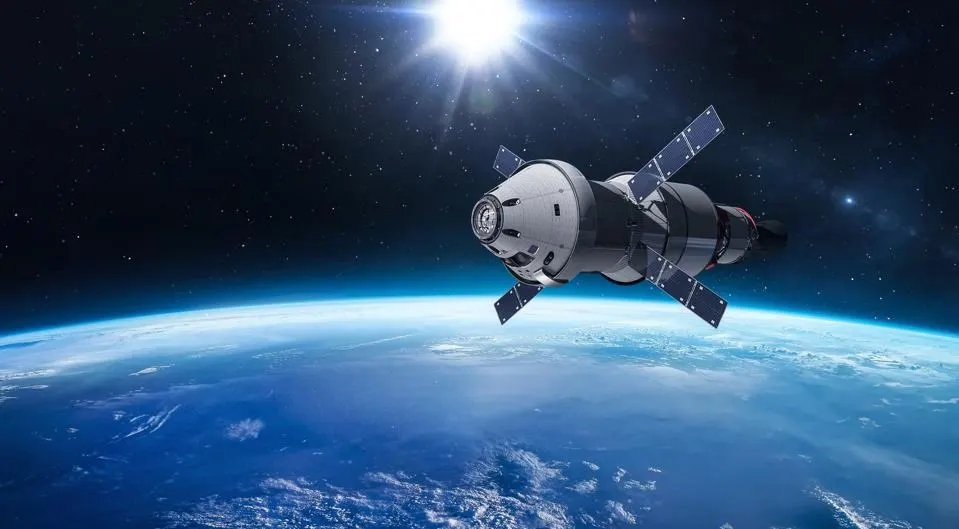
| Version | Summary | Created by | Modification | Content Size | Created at | Operation |
|---|---|---|---|---|---|---|
| 1 | Encyclopedia Editorial Office | -- | 600 | 2025-03-20 02:12:39 | | | |
| 2 | Catherine Yang | Meta information modification | 600 | 2025-03-20 02:17:31 | | |
Video Upload Options
Space exploration refers to the investigation of celestial objects and outer space using advanced technology, including crewed and uncrewed spacecraft, telescopes, and robotic probes. It aims to expand our understanding of the universe, develop new technologies, and assess the feasibility of extraterrestrial life and human colonization beyond Earth.
I. Introduction
Space exploration represents humanity's enduring quest to understand the cosmos, leading to significant scientific and technological advancements.
2. History of Space Exploration
The journey into space began with the Soviet Union's launch of Sputnik 1 on October 4, 1957, marking the first artificial Earth satellite. This milestone was followed by Yuri Gagarin's historic orbit on April 12, 1961, making him the first human in space. The United States achieved a monumental milestone with the Apollo 11 mission, landing astronauts Neil Armstrong and Buzz Aldrin on the Moon on July 20, 1969.

By Project Apollo Archive - AS11-40-5964, Public Domain, https://commons.wikimedia.org/w/index.php?curid=43962549
3. Recent and Upcoming Missions
In recent years, space exploration has witnessed significant advancements:
-
NASA’s Artemis Program: Aiming to return humans to the Moon, the Artemis program plans to establish a sustainable human presence on the lunar surface, with the goal of using the Moon as a stepping stone for future Mars exploration [1].
-
Private Sector Involvement: Companies like SpaceX have developed reusable rockets, reducing the cost of access to space and enabling more frequent missions [2].
-
International Collaborations: The European Space Agency (ESA) and other international partners continue to contribute to various missions, such as the Solar and Heliospheric Observatory, which discovered its 5,000th comet in March 2024.

Url: https://www.nasa.gov/sites/default/files/styles/full_width_feature/public/thumbnails/image/iss060e007297.jpg
4. Technological Advancements in Space Exploration
Technological innovations have been pivotal in advancing space exploration:
-
Biotechnological Innovations: Advancements in biotechnology are essential for sustaining human life during long-duration missions. Patented technologies, such as systems for growing plants in microgravity and biomedical sensors, address challenges of limited resources and non-Earth environments, fostering sustainable life support systems [3].
-
Space-Based Research: The integration of artificial intelligence and robotics has enhanced the autonomy and efficiency of space missions, allowing for more complex tasks to be performed without direct human intervention. Additionally, space-based research offers insights into human health, as studies on the International Space Station have provided valuable data on muscle atrophy and bone density loss in microgravity [4].
5. Challenges and Ethical Considerations
Despite the progress, space exploration faces several challenges:
-
Space Debris: The accumulation of defunct satellites and other debris poses collision risks, necessitating the development of mitigation strategies.
-
Planetary Protection: Preventing biological contamination of other planets and moons is crucial to preserve their natural states and ensure the integrity of scientific research.
-
Resource Allocation: Balancing the high costs of space missions with pressing issues on Earth raises ethical questions about resource distribution.
6. The Future of Space Exploration
Looking ahead, space exploration is poised to achieve remarkable feats:
-
Mars Exploration: Ambitious plans are underway to send humans to Mars, with the goal of establishing a sustainable human presence.
-
Commercial Spaceflight: The burgeoning commercial space industry aims to make space travel more accessible, potentially leading to space tourism and commercial research opportunities.
-
Deep Space Missions: Missions targeting asteroids and outer planets seek to uncover the mysteries of the solar system's formation and the potential for life beyond Earth.
7. Conclusion
Space exploration embodies humanity's intrinsic desire to explore the unknown, pushing the boundaries of what is possible. As technology advances and international collaborations flourish, the next decades promise to unveil new frontiers, inspiring generations to look to the stars with wonder and curiosity.
References
- https://www.nasa.gov/humans-in-space/why-go-to-space/?utm_source
- https://www.nature.com/collections/gdfcdaeafb?utm_source
- https://www.reuters.com/legal/litigation/reaching-stars-biotechnological-patents-challenges-opportunities-outer-space-2024-08-28/?utm_source
- Duporge, I., Pereira, T., de Obeso, S.C. et al. The utility of animal models to inform the next generation of human space exploration. npj Microgravity 11, 7 (2025). https://doi.org/10.1038/s41526-025-00460-5





